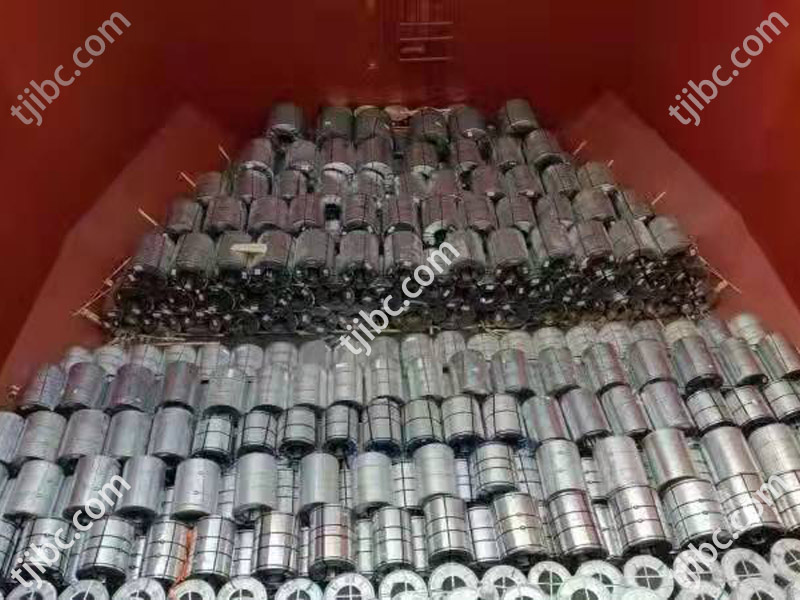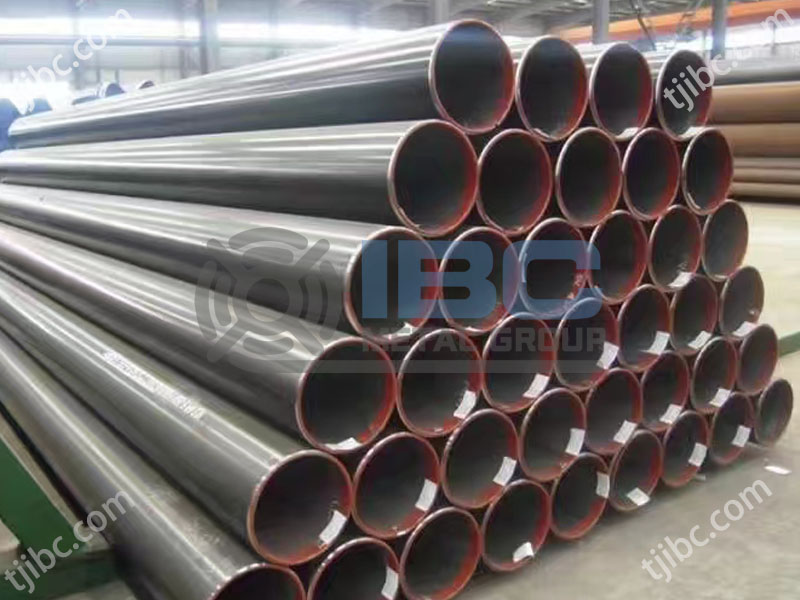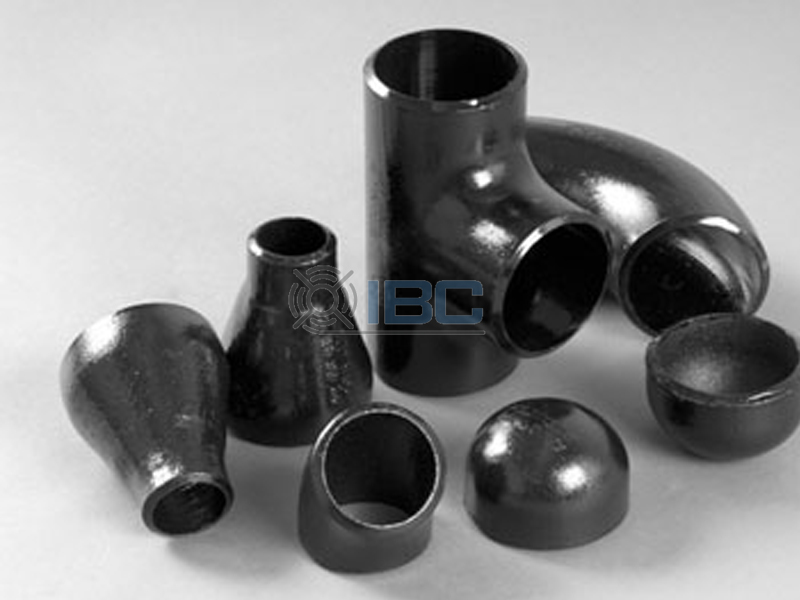Alloy steel pipe refers to the pipe that adds one or more alloying elements to the steel pipe to improve its mechanical properties, corrosion resistance, heat resistance and other characteristics. According to the different alloying elements, it can be divided into stainless steel pipe, nickel-based steel pipe, copper nickel steel pipe and so on.
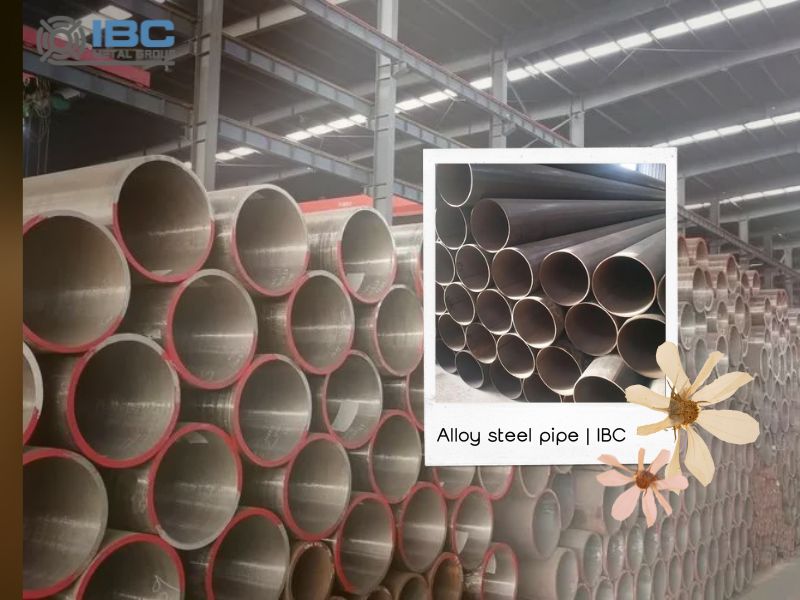
Performance and Characteristics
1. High strength and yield point
Alloy steel pipe has high strength and high yield point, can withstand greater pressure and load. This high strength characteristic makes it excellent in application scenarios requiring high stress, such as Bridges, tall buildings, petrochemical equipment, etc. At the same time, the high strength also ensures its stability and safety during use.
2. Excellent corrosion resistance
The corrosion resistance of this steel pipe is very superior. And it can resist the erosion of a variety of corrosive media. This characteristic makes it widely used in Marine engineering, chemical industry, sewage treatment and other fields. Even in harsh corrosive environments, it can maintain its stable performance and extend its service life.
3. Good high temperature adaptability
It can still maintain good performance under high temperature environment, with high thermal stability and oxidation resistance. This makes the steel pipe ideal for high temperature applications such as high temperature furnaces and heat exchangers. Its high temperature adaptability helps to improve the operating efficiency and stability of the equipment.
4. Good welding performance
It has good welding processing performance and can be connected with other materials through welding process to form a complete structure. The welded steel pipe structure has high strength and good sealing, and can meet the needs of complex structures. At the same time, its processing performance is also good, can be formed by cutting, bending and other processes.
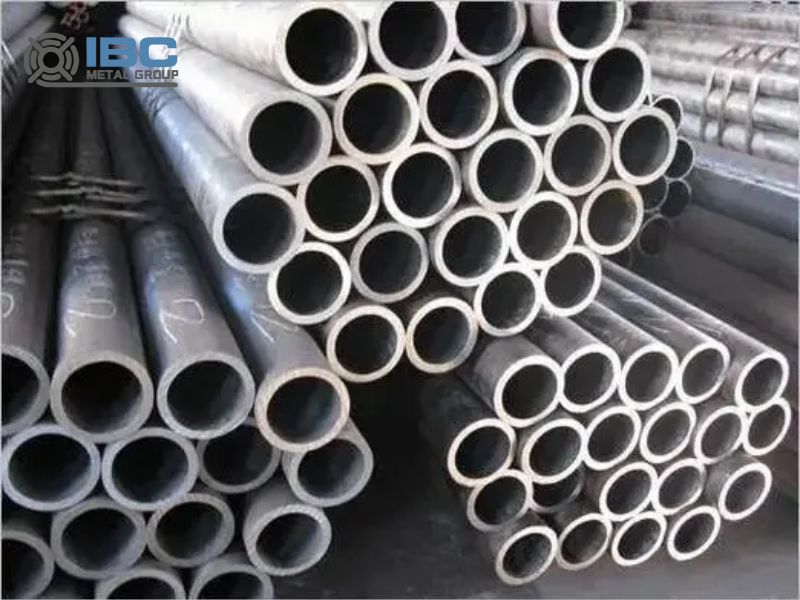
Operation Cautions of Alloy Steel Pipe
Cutting and welding: When cutting it, appropriate cutting tools should be used to ensure that the incision is smooth and free of burrs. When welding, the appropriate welding process and parameters should be selected to ensure the quality of the weld.
Installation and fixing: When installing it, it should be ensured that the pipeline is tightly connected and firmly fixed. Avoid loosening, leakage and other problems, affecting the use effect.
Anti-corrosion treatment: For the steel pipe that needs to be used for a long time, the necessary anti-corrosion treatment should be carried out to extend its service life.
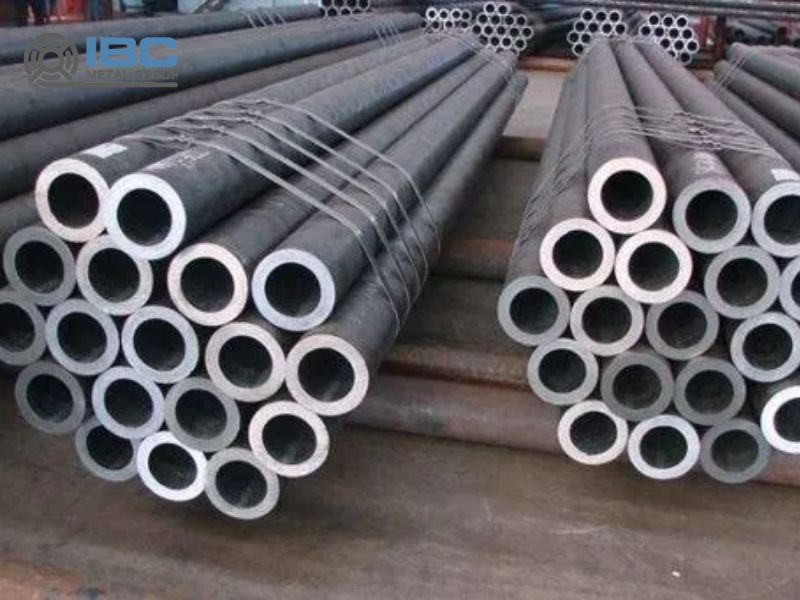
Maintenance of Alloy Steel Pipe
1. Regular inspection: Check it regularly and deal with problems in time. Focus on key parts such as welds and joints to ensure they are in good condition.
2. Cleaning and rust removal: regularly clean the dirt and rust on the surface of the steel pipe to keep its surface clean and smooth. For parts that are difficult to clean, special cleaning agents or tools can be used for treatment.
3. Lubrication and maintenance: In the rotation, sliding and other parts of the steel pipe, workers should regularly add an appropriate amount of lubricating oil or grease to ensure smooth movement. At the same time, for steel pipes that are not used for a long time, workers should carry out anti-rust treatment to avoid rust affecting the use.
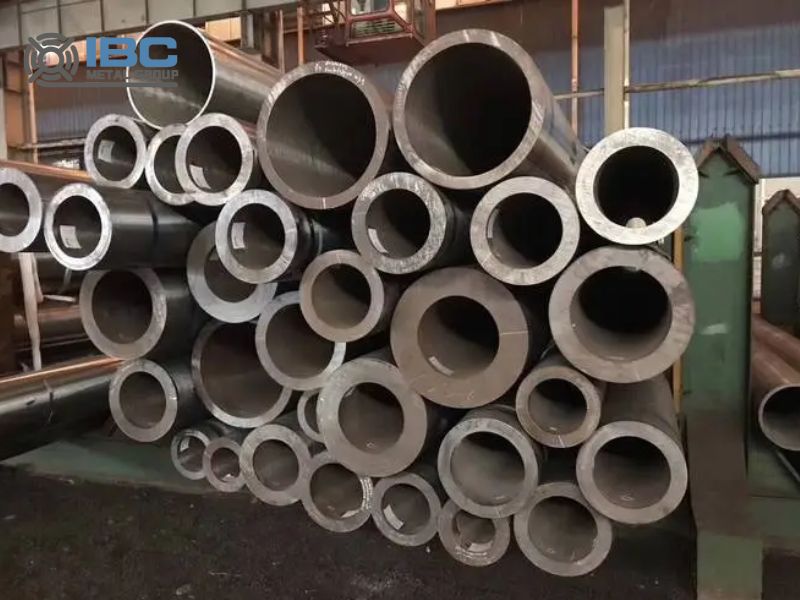
Applications
1. Petroleum, chemical and natural gas fields:
Application: Drilling, oil well casing, gas production lines, gas reservoir storage equipment, and pipeline transportation equipment. This steel pipe also plays an important role in chemical reactors, ethylene towers, distillation towers, separation towers and other equipment under high temperature and pressure conditions.
Operation: In these areas, the installation, connection and maintenance of alloy steel pipe must follow strict operating procedures to ensure the safe and stable operation of the pipeline system. For example, in the process of oil extraction, steel pipes need to withstand high pressure and corrosive environments, so their materials and manufacturing processes have strict requirements.
2. Machinery, automotive, aerospace:
Application: In the field of machinery, it can manufacture key components such as bearings, drive shafts, shock absorbing springs, etc. In the automotive field, it can manufacture high-pressure oil pipes, fuel injectors, exhaust pipes, etc. In the aerospace sector, it can manufacture high-pressure gas supply systems, hydraulic systems and engines.
Operation: In these areas, the processing and installation of such steel pipes requires a high degree of precision and professionalism. For example, in the automotive manufacturing process, it requires precise cutting, bending and welding to meet complex structural and performance requirements.
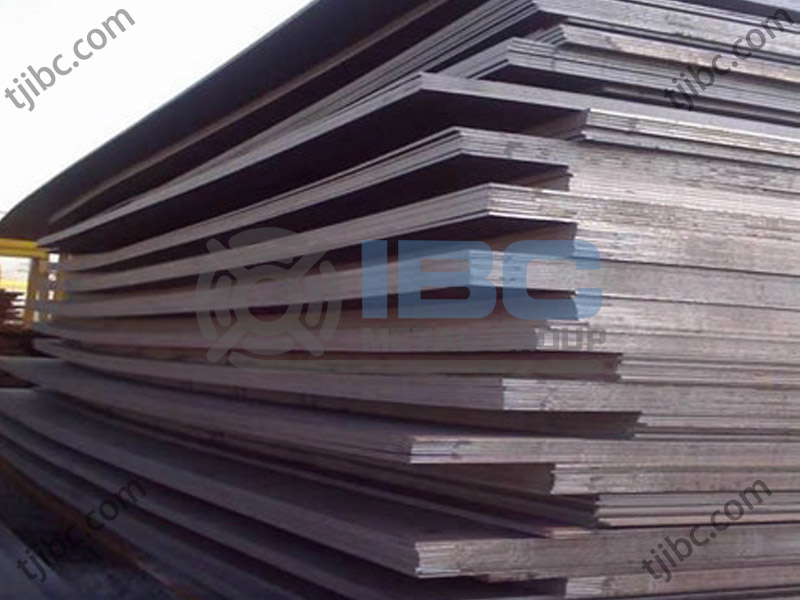
Contact with us today!

